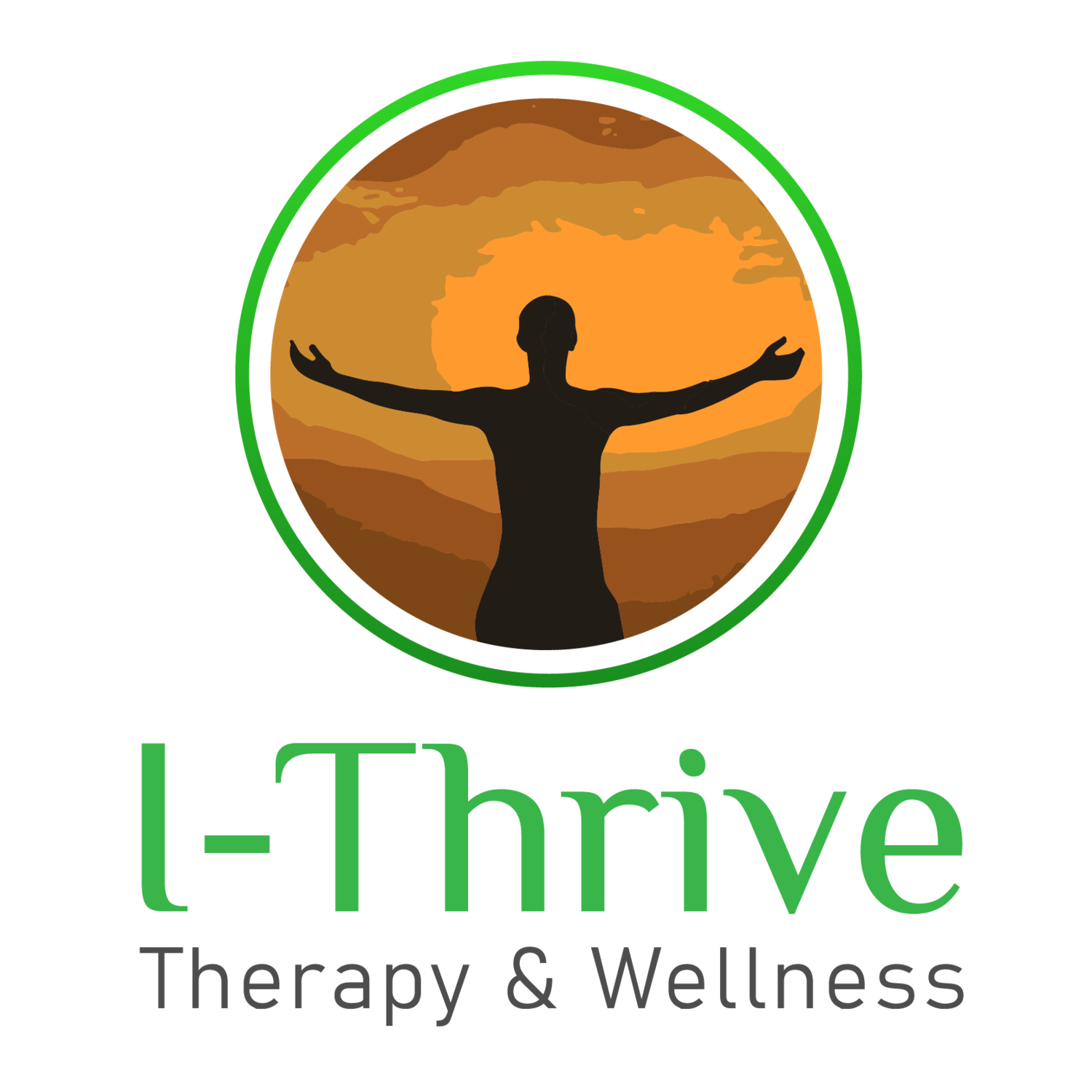LABELS. Are They Harmful?
In a society that thrives on categorization, labeling has become an integral part of our lives. From labeling our sexuality to our mental health status. We often find ourselves compelled to introduce ourselves through the many “things” that we are.
“Hi. My name is Mateo, and I am an ADHD adult, with high blood pressure, who had a traumatic experience when I was 12 and have not spoken to my family in 12 years because they do not accept my sexuality.” While labels offer a sense of belonging and do indeed help us to navigate the complexities and intersections of identity, it is critical to explore the potential downsides of excessive labeling.
In this blog post, we will delve into how labels can both assist and hinder our growth.
What Role Do Labels Play?
I want you to know that labels have a purpose. They help us to understand ourselves and understand others. I guess we can say it provides context for communication and how we connect. What human doesn’t want to find others they can connect with right?
Furthermore, labels can act as a guide, helping us to plan and navigate the worlds we live in. It indicates our needs, preferences, and even what we may struggle with. If you meet someone with depression, and they let you know they live with depression, just with that label alone, you can gauge what some of their day-to-day challenges may be.
When Does It Start to Hurt?
As much of a guide as labels can be, there is a fine line. And I mean fine. For so many of society today, labels have stopped guiding and are now dictating. Those labels are commanding us to live in a very specific way, in a box, telling us that we cannot do things, that honestly, we likely can. Sure, you may need to do it differently from your peers, but maybe you can still do it. Your label may keep you from ever thinking you have a chance or lie to you that you are alone in this world.
Whether it is a mental health diagnosis or sexual orientation, the risk is that we may internalize societal stereotypes and expectations assigned to those labels. This can negatively impact motivation and self-esteem.
One step further… you find yourself over-relying on meeting criteria for these labels, you may not even want to see yourself without them.
Think about it.
Use Them as a Guide, Not as Restraints
Navigating the delicate balance between “labels are good and help us understand” and “your labels may be what keeps you avoiding going for what you want” is not always the easiest. It isn’t. So, I implore you to use labels as a starting point for self-reflection, a guide on the better way to live your life and to push you in the direction of self-development. But… it should not be your endpoint. Don’t let the labels be the voice that tells you to “stop here!”
This would also mean embracing a growth mindset. Recognize where it gets hard for you. If it is diabetes, recognize the foods you cannot eat, if it is schizophrenia, recognize that alcohol should be avoided. But this does not mean you cannot enjoy food or become a chef, nor does it mean you cannot party and have a good time.
In our time today, labels are abundant. They are everywhere and anywhere. Because of this, we must approach them with sense. While labels offer us valuable insights into our various identities, they should not define and restrict us. Don’t keep it from empowering you.
Embrace your uniqueness that lies beyond the confines of labels.

